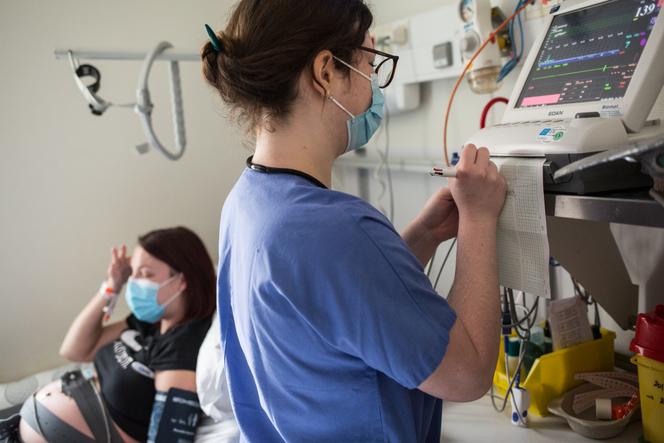


High temperatures are not just uncomfortable for pregnant women – they can pose a danger to both their health and that of the fetus. Since 2023, a growing number of studies have explored the various consequences − dehydration, fainting, increased risk of hypertension, premature birth or low birth weight − of exposure to high temperatures during pregnancy.
Experts have urged caution as France experiences its first heat wave of the summer. "This heat wave is happening at the start of the season, so the body's adaptation mechanisms have not yet had time to take effect," warned Johanna Lepeule, an environmental health epidemiologist at INSERM, the French National Institute of Health and Medical Research. As with older adults, pregnant women have been advised to drink plenty of fluids, avoid exposure to heat during the hottest hours of the day and limit physical activity.
Why are they so vulnerable to heat? "Pregnant women are generally considered at risk, not only when it comes to heat," explained gynecologist-obstetrician Charles Egloff, chief resident at Hôpital Louis-Mourier in Colombes, in the Paris region. "This is due to hemodynamic changes that occur during pregnancy." Over nine months, a pregnant woman's cardiac output increases by 30% to 50%, peaking during the second trimester in order to nourish and oxygenate the fetus and to better prepare her body for childbirth. There is also a natural phenomenon of water retention, which supports the production of amniotic fluid and helps build reserves for delivery.
You have 74.64% of this article left to read. The rest is for subscribers only.
